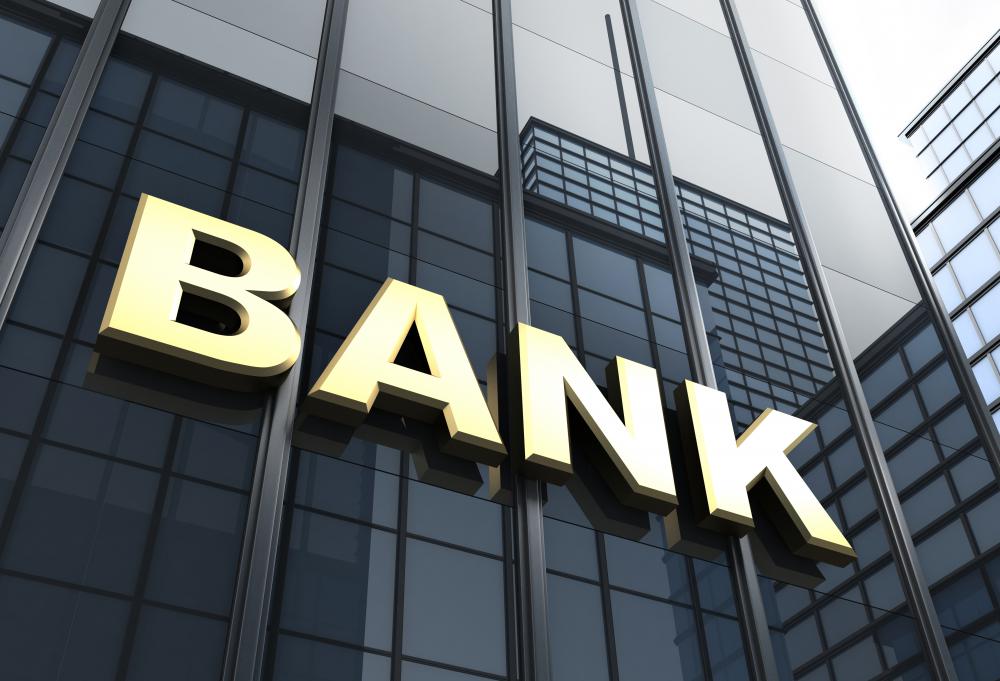At WiseGEEK, we're committed to delivering accurate, trustworthy information. Our expert-authored content is rigorously fact-checked and sourced from credible authorities. Discover how we uphold the highest standards in providing you with reliable knowledge.
What Are the Different Types of Commercial Bank Credit?
Commercial banks are for-profit institutions that provide lending products to businesses and consumers. Account options vary between banks, but commercial bank credit products typically include fixed rate and variable rate loans. Additionally, many banks offer both term loans and open-ended credit products.
Long-term fixed-rate loans provide banks with a steady and predictable income source. Many types of mortgages and vehicle loans have fixed rates of interest which means that the borrower’s monthly loan payments remain unchanged throughout the loan term. Fixed-rate loans for homes often have terms that last between five and 30 years. Loan terms for vehicles are typically capped at between five and 10 years to ensure that the loan term does not exceed the vehicle's useful life.

Variable-rate loans are commercial bank credit products that normally track the movements of an index such as the United States prime rate or the London Interbank Offered Rate (LIBOR). The interest rates on variable products normally reset on a monthly or annual basis. Generally, banks set the client's rate by fixing the loan at a certain margin above the index. If the index rate increases by a single percentage point then the interest rate on the loan increases by the same margin.

Some fixed term loans including mortgages have variable interest rates. In many instances, these commercial bank credit products begin with an initial interest only term that may last for up to 10 years. At the end of this term, the bank calculates the outstanding principal and interest balance. The loan converts to a fixed-rate product for the remainder of the term and monthly payments are structured so that the entire balance is paid off by the end of the loan term. In other instances, borrowers pay variable interest rates for the entire loan term and then make a single balloon payment to pay off the principal when the loan term ends.
Commercial bank credit cards are unsecured loan products that normally have open-ended terms. Clients are given access to a revolving line of credit which they can draw from at any time. Borrowers only make payments based upon the outstanding balance on the credit card. Cardholders can pay down the outstanding balance and then reuse the credit line again at a future date. Some banks assess monthly and annual card fees while other banks simply generate revenue by charging interest on credit cards.
There are many commercial bank credit options available to both small and large businesses. These include business credit cards, unsecured equity lines and commercial term loans. In some countries, the national government guarantee some business loans so as to encourage banks to lend to start-up businesses particularly those in industries where large numbers of businesses fail within the first few years of operation. Likewise, some commercial bank credit options for consumers such as mortgages are sometimes government insured which means lenders assume a lower level of risk when issuing these loans.
AS FEATURED ON:
AS FEATURED ON:












Discuss this Article
Post your comments